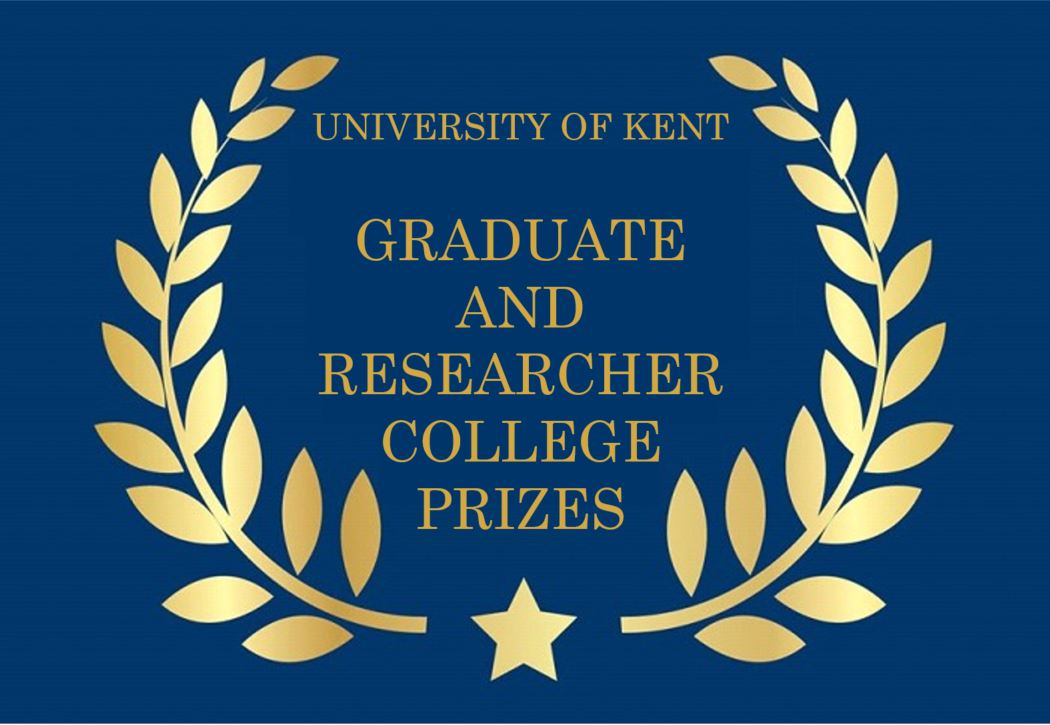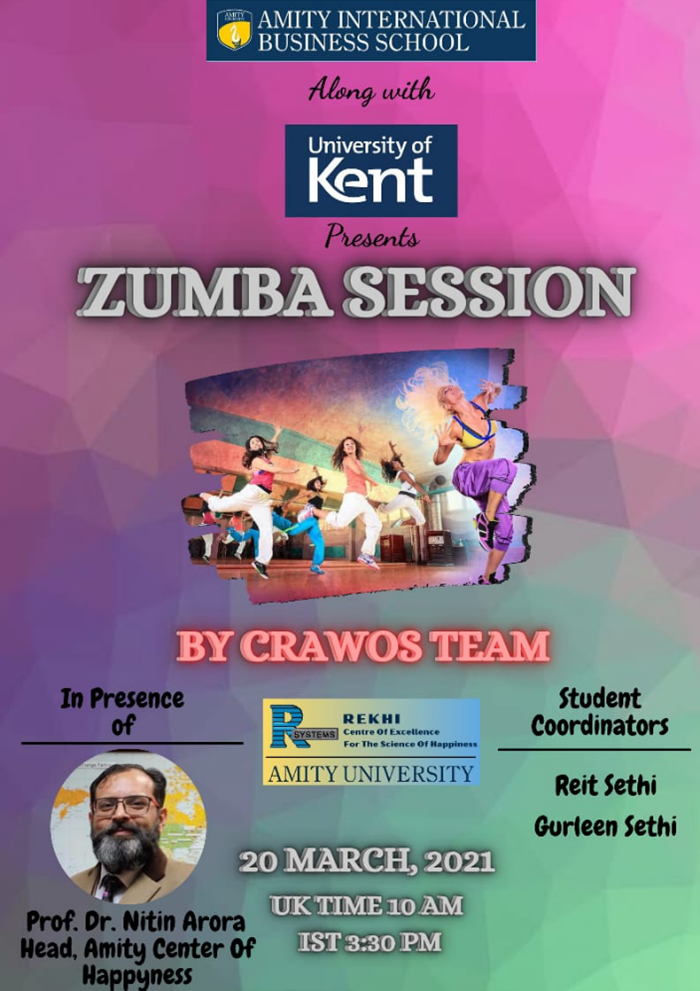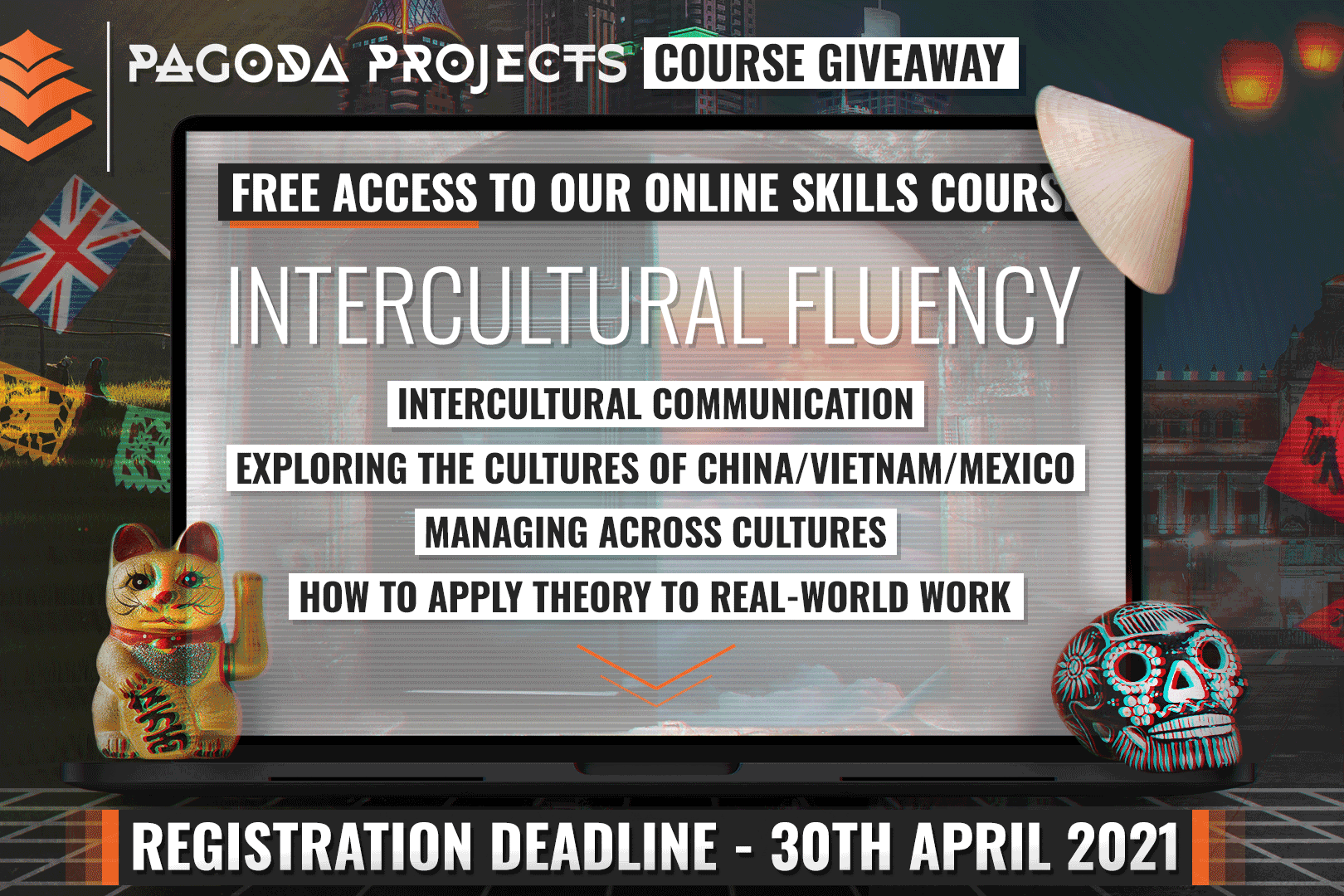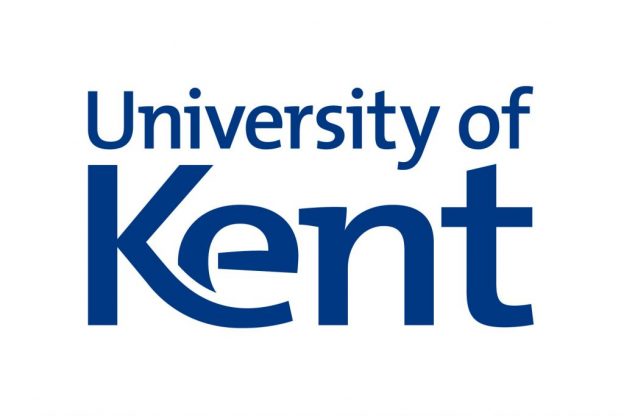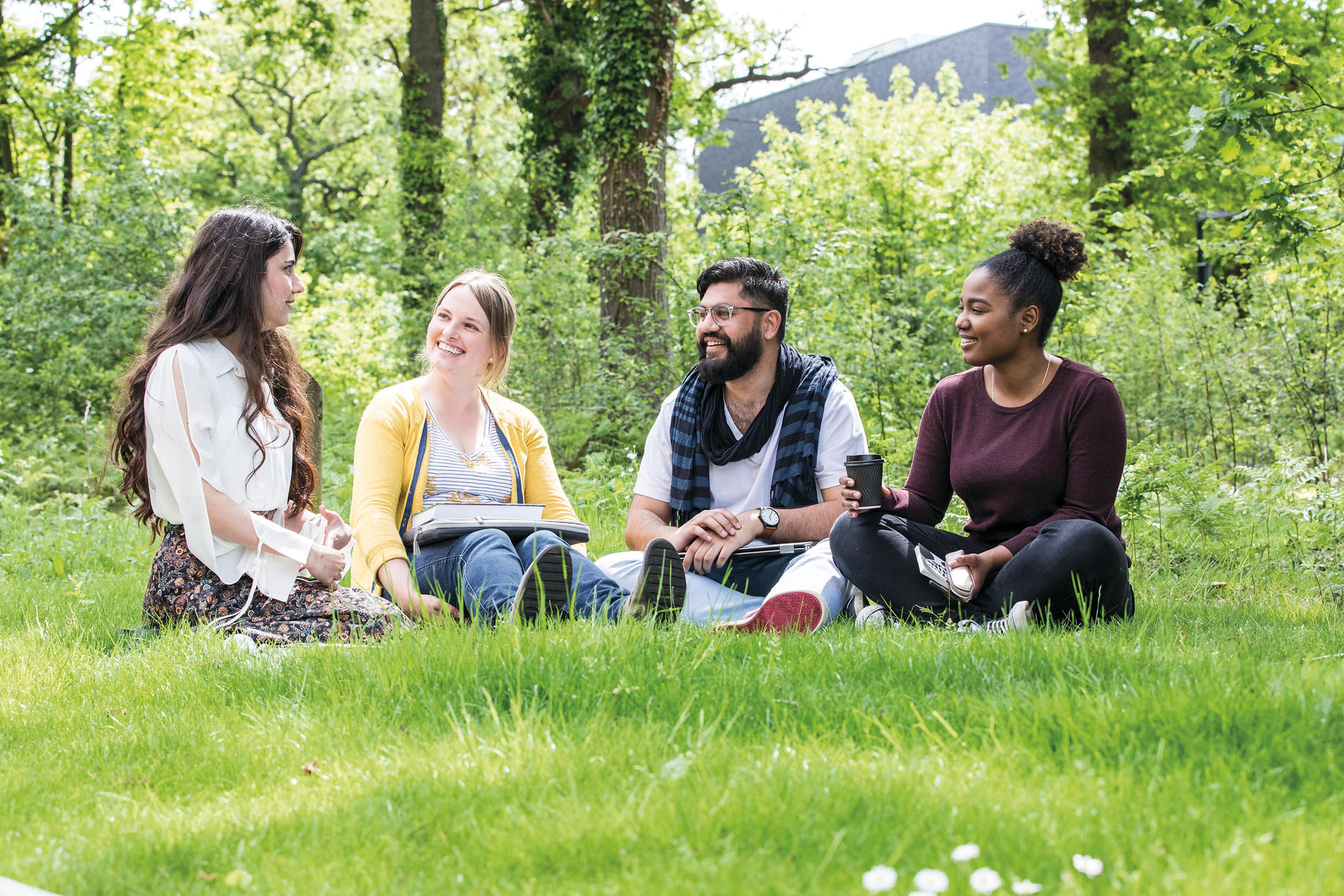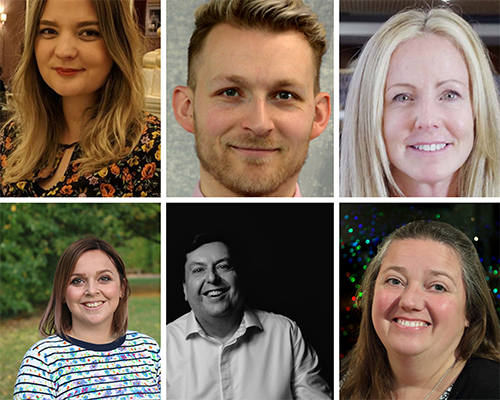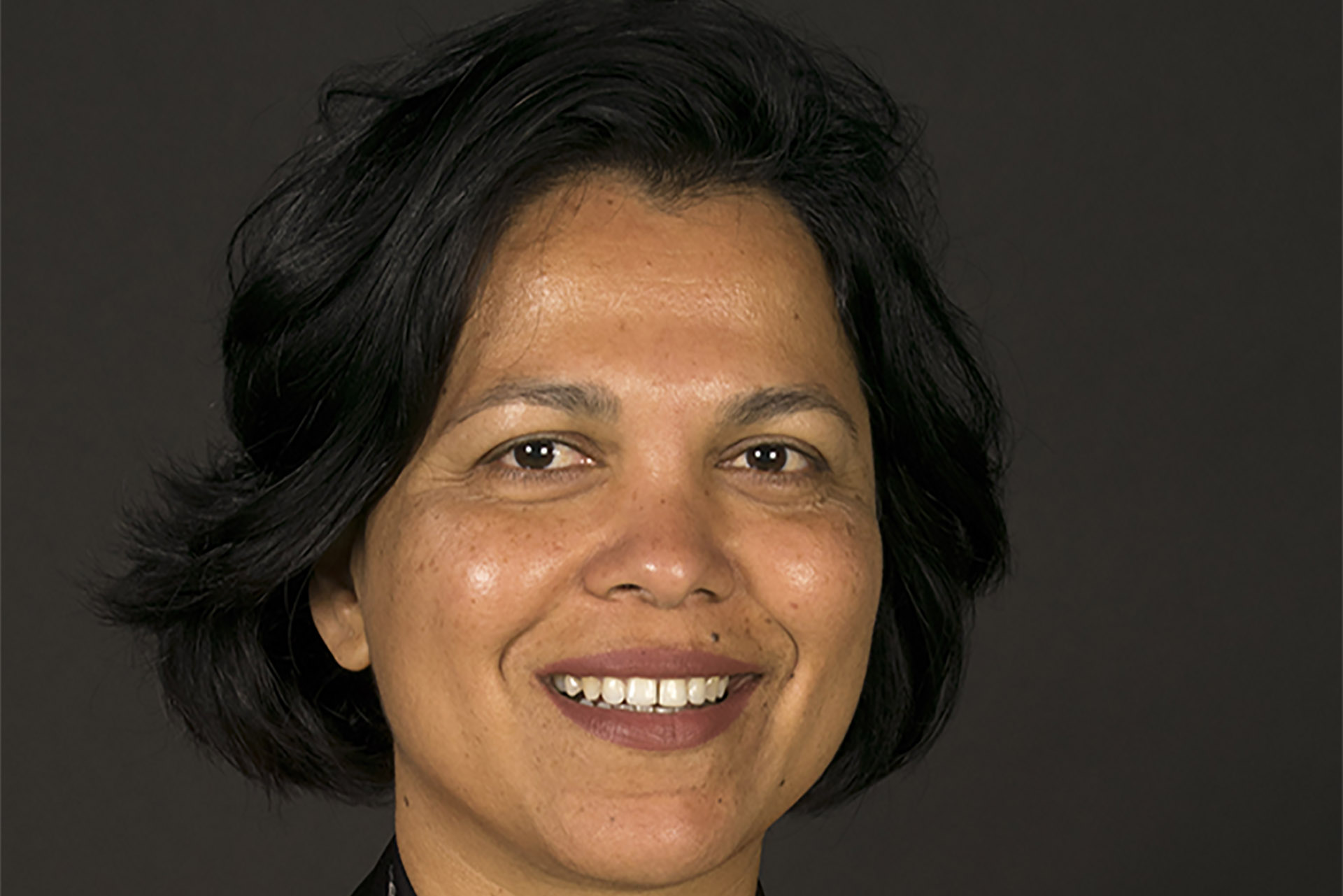Kent student Aleeya shares her advice for current final year students.
‘Being in your final year can be a very confusing time in your life. You are going through a bunch of emotions that include nervousness, uncertainty and questions about your ability when entering the working world.
‘With this blog post, I hope to be able to sympathise with what you are going through now, as a student myself, as well as give you enough information so that you can go out and receive the resources that can help you on your journey to success.
Focus on what you can do
‘With Covid-19 and the current situation that we are all in, it is important that you do not get discouraged. Moods can be overall low, but that does not mean that your self-worth should go down as well.
‘Applying for industrial placements and graduate schemes can be a great way to start thinking about your skills and experience.
‘From my personal experience, I went into many applications thinking that I was not qualified, the more time I spent on a specific application, the more and more I became discouraged. There can be a thought that it is something that has to be done for your future to be secure, but this feeling can be so weighing that it can cause you to lose sight of what you are good at.
‘My one piece of advice for this particular feeling is to look at the job specification and write down things that you think you can offer to the company before you even start your application. This can either help you feel confident with yourself before applying and thus make you do your best when you are applying, or you can see if there is anything that you can improve on in the field that you want to go into, thus preparing for when another listing appears.
Grow your skills
‘With finding things that you need to improve on, the TargetJobs site that the University works with gives a list of events that are happening throughout the term which can give you more information about the working world as well as expand your knowledge with the Study Plus sessions. With these you have a chance to ask questions to professionals working at the university.
Get advice
‘If you are a bit more unsure about your career path go to the Careers and Employability Service. Even though you may have heard this advice plenty of times, there is a reason. From my experience the Careers Service gives me that extra step that I needed to find industries that I am interested in and gives me things that I need to improve on. They also care enough to do some of the research with you in the background, so that when you go back to them for more insight they will be able to focus on your needs specifically. It can be daunting to talk to someone about something that you are unsure about yourself, but it will be incredibly helpful if you visit them once, just to check if you are on the right path, or just for some confirmation on if you are doing things right.
Don’t let your stress get out of control – get help first
‘Exam preparation as well as dissertation writing can be another thing that is causing many of us to stress. These feelings are valid, but there comes a point where these feelings can be changing our focus from things that are important. When these feelings get all consuming, it is important for you to reach out for help. Luckily, the university provides many services that can help you navigate these feelings. The most recommended one is the Student Wellbeing Service.
‘Before this post turns into a diatribe of my experiences and what I have learnt. The message that I want to convey is that we all can get through this, and when we do, we will be stronger than ever. Use the resources that are out there to put your mind at ease and remember you are not alone. The University is here to support you in your final year and beyond.’
